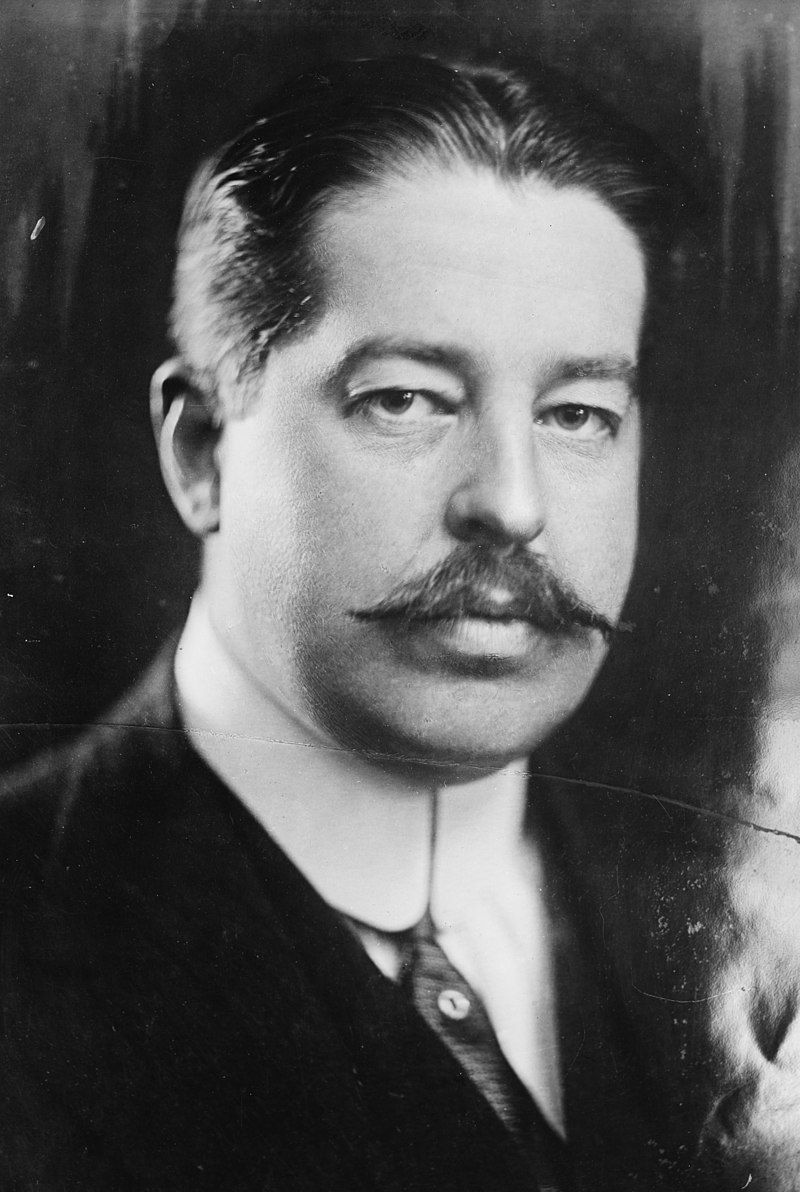The Advent of the Automobile: Convenience or Scourge?
- Alyssa Maxwell
- Aug 31, 2025
- 3 min read
Updated: Aug 31, 2025
If you know anything about my sleuth, Emma Cross, you'll know she's been frowning these past few years over the onslaught of automobiles in Newport. She's not exactly anti-automobile and even admits to enjoying the occasional brisk ride on wide open roads on the mainland. And she certainly understands that technology progresses and modern conveniences can make life easier. She just doesn't like them encroaching on the idyllic lanes and byways of Aquidneck Island. She'd much rather not have the peace of island life, with its natural ebb and flow that seems orchestrated by the ocean tides, disturbed by something so unreliable and unpredictable as automobiles.
In many parts of the country, indeed the world, cars were few and far between at this time. The average person simply couldn't afford them in the early years of the twentieth century and considered them an unobtainable and unnecessary luxury. Not so in Newport, where America's wealthiest families gathered each summer. They could afford whatever they liked, whether it be the latest in electrical technology in their homes, the finest artwork or jewels, or the slickest new horseless carriage money could buy. They embraced the automobile and they brought them to Newport in droves. It wasn't long before racing became all the rage. Here we have William (Willie K) Vanderbilt at the Vanderbilt Cup Races in 1901.

Organized races were all well and good, but what about when the cars left the racecourse? In 1903, the rules of the road were sketchy. The roads themselves were better suited to horses and carriages. Cars were capricious creatures, as liable to break down as not. And let's consider the drivers themselves. For example, a young, wealthy, entitled fellow like Reginald Vanderbilt, the afore-mentioned Willie's cousin. It was said that when Reggie got behind the wheel, neither beast nor man was safe. Below is Reggie and a friend driving through Newport.

He can't have been the only reckless driver on the island. Or the only drunken one. In fact, just days before his wedding, Reggie AND his older brother Alfred were arrested for speeding along East Main Road (or was it West Main Road?). Alfred was supposed to be the responsible one, the one who took the reins of the New York Central after their father died (their elder brother, Cornelius or Neily, as he was called, was disinherited for marrying against his parents wishes, but that's another story).
And yet . . . Emma and husband Derrick do own a car, a 1901 Peugot. It's more Derrick's, since Emma prefers the carriage, but she will ride in it when necessity dictates--such as when they're tracking down a killer and have to get somewhere fast (assuming the car doesn't break down along the way). However, she draws the line--and Derrick agrees--at allowing their baby daughter to ride in the car with them.
Murder at Arleigh explores the nature and dangers--and the conveniences--of early cars by having them play directly into the mystery plot. How do you feel about new technology? Do you love to run out and get and latest gadgets, or do you take a more let's-hold-off-and-see-how-it-does approach? I'm somewhere in the middle.

Murder at Arleigh
Available now in hardcover, ebook, and audio.
Reporter, sleuth, and new mother Emma Cross Andrews comes to the aid of a distraught wife who’s convinced her husband is trying to kill her . . .
April 1903: Emma and Derrick Andrews have been invited to the wedding of her cousin Reggie Vanderbilt and heiress Cathleen Neilson at the Bellevue Mansion, Arleigh. Their hosts are a popular young couple who are leasing the home for the summer—Harry and Elizabeth “Bessie” Lehr. Known for his practical jokes, Harry is the toast of parties, earning a reputation as the court jester of the Gilded Age. However, as Emma soon learns, behind closed doors he is dead serious.
Following the wedding, Bessie comes to Emma for help, insisting that her husband is cruel to her in private, telling her outright he married her only for her money and finds her repulsive. Divorce is unthinkable. Now she believes he is plotting to murder her and make it look like an accident: a broken balcony railing she might have leaned on, a loose stair runner that could have sent her tumbling down a staircase, faulty brakes in the car she uses . . .
Some would say being trapped in a loveless marriage is a fate worse than death. Not Bessie—she wants to live! Unsure if these situations are mere coincidences or add up to premeditated sabotage, Emma agrees to investigate and determine if Newport’s merry prankster is engaged in a cold-blooded game of life or death . . .









Comments